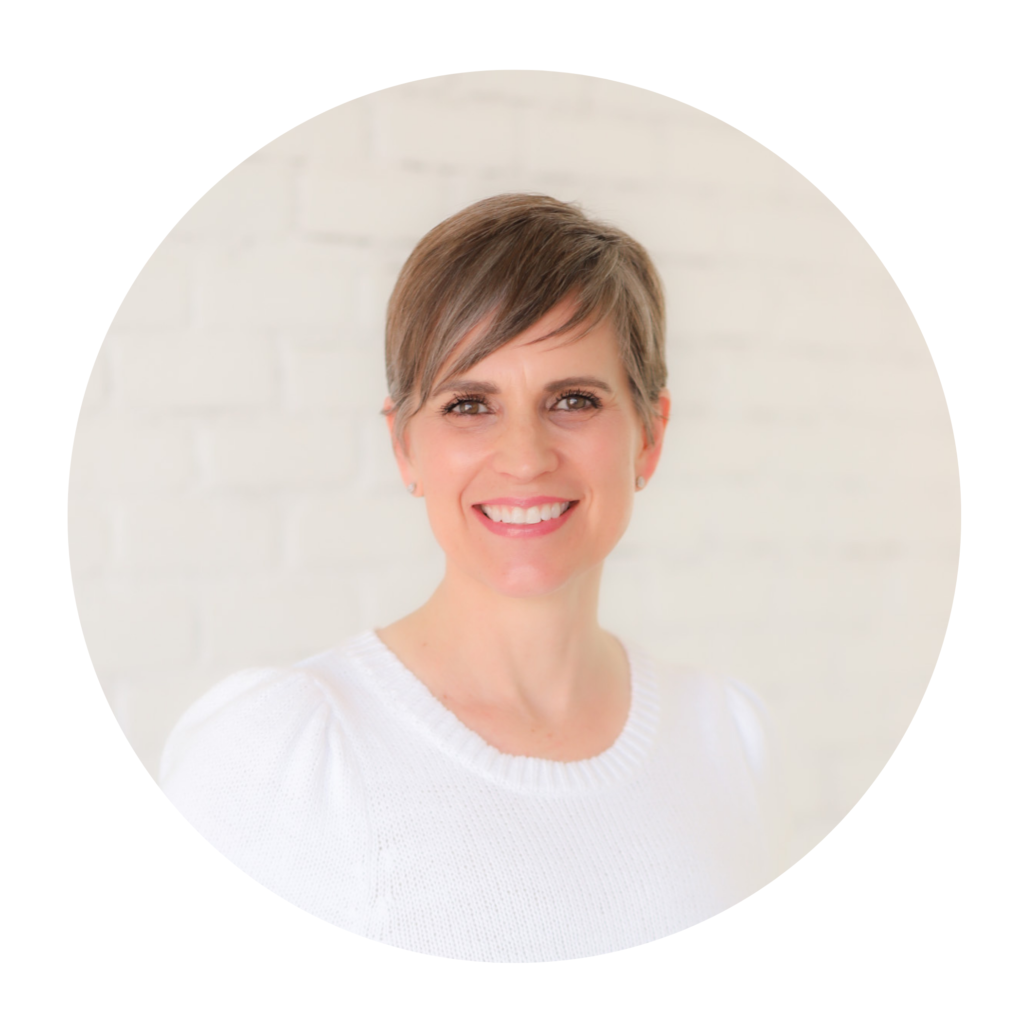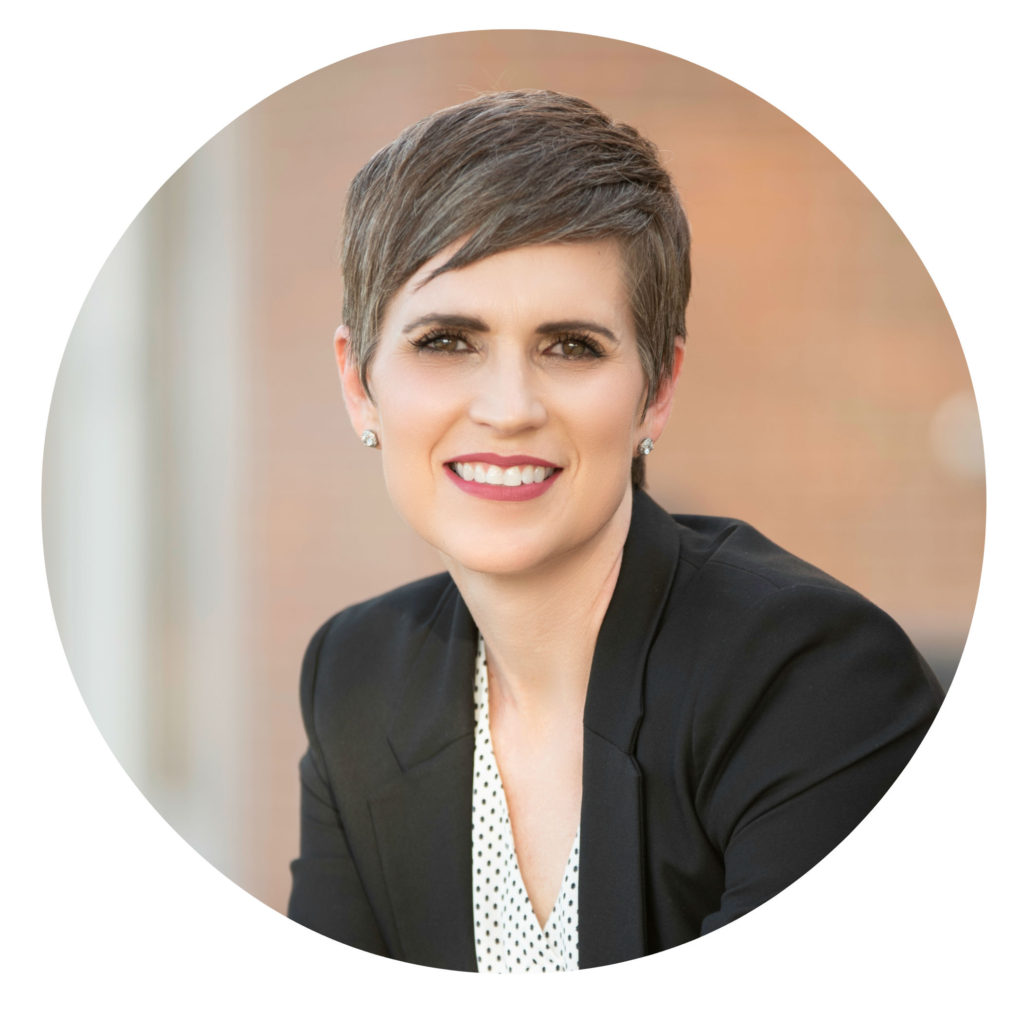When you woke up this morning, what was the first thing you did? Did you take a shower, hit the treadmill, or head straight for the refrigerator? Did you brush your teeth before or after eating? How about when you put your pants on, which leg went in first?
“All our life, so far as it has definite form, is but a mass of habits.” – Williams James
Not all of the habits we acquire are productive. This is especially true of some thinking habits that might not be as obvious as our teeth brushing habit.
Each of us have tendencies toward distinct patterns of thinking. But just because we have a particularly tendency doesn’t mean we will have it forever. Thanks to the neuroplasticity of our brains we can rewire, relearn, and reprogram our thought patterns.
We can change.
In fact, researchers have discovered that most of us already have the skills needed to think more productively. What we lack is not ability, but commitment and willingness to invest the time, energy, and personal resources to use the skills we have already acquired. Carol S. Dweck has defined this difference as fixed mindset vs. growth mindset.
You CAN change your mind.
Here are four examples of thinking habits that are counterproductive as well as suggestions to manage them.
1. Comparing Yourself To Others.
When you notice yourself feeling like you’re not doing as well as that woman over there, that mother over here, or even what you used to be able to do, pay attention. We do not compare ourselves to others in areas we feel completely confident in. We only do it when we’re not sure about whether or not we are enough.
Do you have a habit of comparing yourselves to others? If you aren’t sure, try this question: Who have you compared yourself to in the last 24 hours?
Maybe it was the last time you checked Facebook or Instagram. Which posts made you feel envious of someone else’s life and depressed about your own?
A friend of mine, who blogs at Kelly’s Reality, recently shared these ways to kick the social media comparison habit:
- What we see online isn’t always reality.
- Be a better version of yourself-not someone else.
- Lift yourself and others up.
- Praise yourself out loud.
- Take a break from social media.
If you have a habit of comparing yourself to others on social media, you might be ready to take a break. That break might be a complete withdraw from social media, or it could be a break from specific feeds that trigger your habit of negative comparisons.
To be honest, I have done both. I once took a year off from social media. It might have been longer. I just couldn’t look at another exotic vacation picture or home renovation without feeling terrible. Sometimes you just need a reset. That’s okay.
Your social media feed is your personal property. Don’t let just anyone in! Curate a feed that uplifts and inspires you.
2. Holding on to the past.
Remember Uncle Rico from the classic film Napoleon Dynamite? Uncle Rico is convinced that if he could go back to 1982 and win his high school football championship, he’d be a professional football player with a mansion instead of a Tupperware-type salesman living in a van.
His unwillingness to let the past go interferes with his relationships. His long time girlfriend has left him because he’s still trying to relive his glory days. All he can think is that in his imaginary life, he’d be happily married to his soulmate.
We laugh at Uncle Rico because we can clearly see how ridiculous his fixation on the past really is. Get over it and move on already! But seeing our own attachments to the past isn’t as obvious.
Do you have a habit of dwelling on what could have been? Grieving for the things that might have been if only things had been different, or if another choice was made?
I married right before my 22nd birthday and by the time I was 28 I was divorced. During those six years I frequently found myself caught in the trap of wondering what would have happened if I would have waited 6 more months, dated a few more people, listened to my friends/family, not been so stubborn, any number of alternate choices. What would my life have looked like if I had made a different, better choice?
Dwelling on the past, and wishing it was different is not a productive use of our minds. Arguing with it is a way of indulging it, which gives it strength. The more we argue with the past, the more it draws us into a cycle of worry and regret, of guilt and even shame. It is downward spiral that keeps us stuck and unable to move forward.
Let the past go, and return your energy and focus on today.
I take comfort in this thought borrowed from the magnificent Byron Katie: “Could it be that all along I have lived the life I should have lived and that everything I’ve done has been what I should have done.”
I believe her. I encourage you to believe her too. There is no upside to holding on to the past.
3. Feeling sorry for yourself.
Feeling sorry for yourself and engaging in self-pity is another thinking habit in which some of us regularly engage. The definition of self-pity is excessive self-absorbed unhappiness over one’s troubles.
Self-pity comes from believing that we are victims of our circumstances. We feel as if something should be different. Self-pity is also one of the most indulgent emotions. We feel sorry for ourselves, instead of changing what is within our control to change.
Sometimes we allow feelings of discouragement to feed upon itself. We focus on the negative and talk ourselves into believing that we are no good, that we can’t do anything right, and nothing will ever change. We pile pity upon ourselves and allow what was normal discouragement to become despondency and despair.
Am I feeling self-pity? Here is how you might know.
Do you make a lot of excuses? Do you not follow though on your actions? Is you life drama-filled and exaggerated? These are hard things to see in ourselves.
Self-pity whines and complains. It thrives on helplessness and wants attention from others. We want people to commiserate with us.
I have been known to have a serious self-pity habit. It showed up particularly during my husbands medical residency. I felt like a victim to my husbands career. Finding people who would validate and commiserate with me was easy. And for a while, it felt like being in community with others going through the same thing was helping. I wasn’t alone in the struggle, but that didn’t change anything. The struggle wasn’t “out there”, it was in me.
I do believe there is a time for commiserating, but there is also a time to get to work and do something about it. That work always starts on the inside first. When you are ready, a life coach can help get you started.
4. Worrying about the future.
Much like wishing for the past to be different, focusing too much on the future can be equally as damaging. It shows up in the feelings of worry, anxiety, and overwhelm. In each case there is the wish that whatever is happening right now in this very moment was different. It is a belief that life will be better in the future when our circumstances change, when our partner changes, when something ends and something new begins.
In Max Lucado’s book Traveling Light he describes worry and anxiety in this way:
“Anxiety splits our energy between today’s priorities and tomorrows problems. Part of our mind is on the now; the rest is on the not yet. The result is half-minded living.”
Worry is an addiction. It is usually not a sign that we’re thinking about something useful. The sign that we’re worrying unnecessarily is when we are worrying about something we have no control over.
In a few weeks all of the graduating medical students will have their futures decided by a complicated algorithm. Right now many of them are feeling the stress and anxiety associated with uncertain outcomes. I remember those days. Will we get the speciality we want? Will we get the program we desire? Will we be happy there? Will the training be good? In an instant it is decided.
Could something go wrong? Of course it could. But it usually doesn’t.
Even when something happens that seems to be the worst thing that could happen, do you have the total picture? Do you really know what is a positive or negative outcome?
“Give up trying to figure out how or when or where or with whom. Leave those details to a mind that knows so much more than you do.” – Dr. Joe Dispenza
At 28, I thought being divorced was the worst thing that could happen to me. I couldn’t see a future, and we aren’t meant to see the future. Out of that seemingly negative event I can give credit for all of the wonderful and positive things I have in my life today. I am married to a remarkable man. I have 5 children. I have a life that I never could have imaged all those years ago when I was worrying about my future.
Was my divorce negative or positive?
Don’t be so quick to assign your life situation in this moment as either positive or negative. We are often wrong.
Monitor and manage your own thinking.
Comparison, holding on to the past, self-pity, and worry about the future are not the only thought habits that are counterproductive. If you currently have one or more of these destructive habits, I promise that with awareness and practice you can change them!
Replace counterproductive thinking habits with new productive thinking habits.
Mindful people think about their thinking. Psychologists refer to this kind of thinking about one’s own thinking as metacognition. First, we become aware of our thinking processes. Second, we monitor, evaluate, and regulate those processes. When we can see the results of our thinking habits only then are we able to take steps to manage these habits instead of allowing them to manage us.
This is the skill that I teach using The Model. If you’d like to find out more about The Model, as well as download a printable worksheet to use, please visit my Free Resource Library.
Photo by Kev Costello on Unsplash



